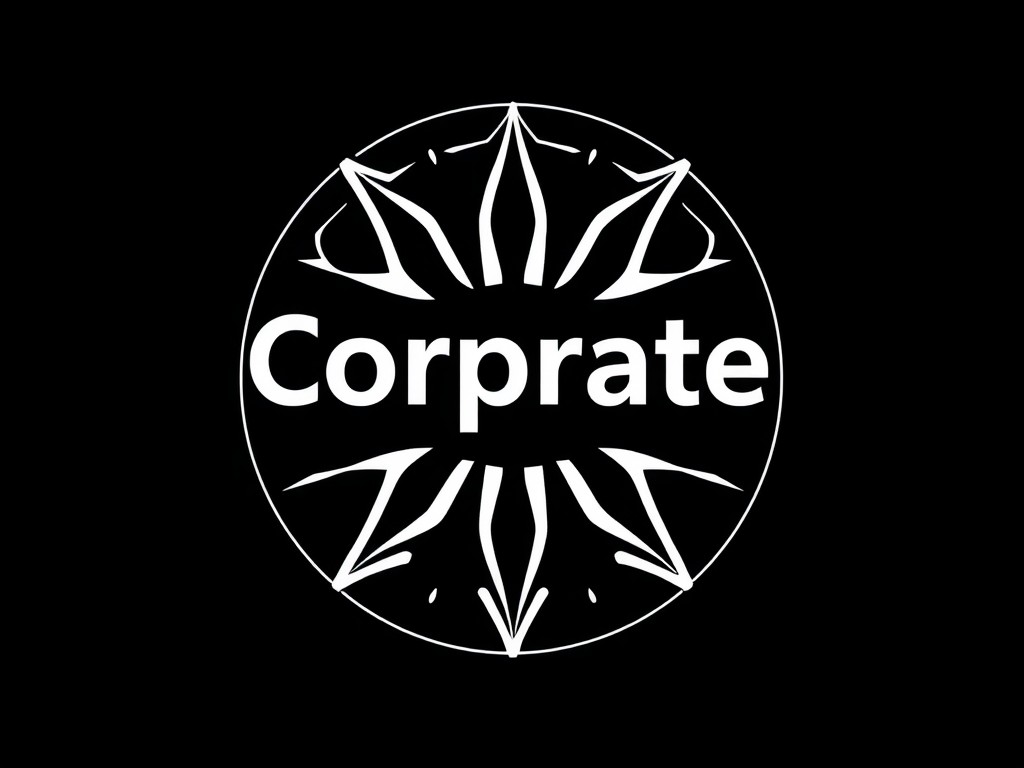Understanding Public Liability Insurance for Event Management Companies
Navigating the landscape of public liability insurance in the UK is essential for event management companies. In a country where regulations are stringent, compliance plays a crucial role. This insurance covers claims made by third parties for property damage or injury caused during an event, ensuring the organiser is legally protected.
Without public liability insurance, event management companies expose themselves to significant risks. Whether it’s a music festival, corporate seminar, or community gathering, such events pose potential hazards that demand foresight. For instance, if a speaker’s equipment falls and injures an attendee, the absence of insurance could result in hefty compensation that drains resources. Here, insurance becomes a financial safety net, shielding businesses from precarious liabilities.
In parallel : Mastering urban agriculture: a comprehensive blueprint for building a successful farming collective in the uk
Certain types of events especially necessitate this insurance. High-attendance events like concerts, food festivals, and sports activities require enhanced protection due to higher risks of accidents and property damage. Even smaller gatherings, such as weddings, where the likelihood of mishaps might be underestimated, are advised to have this coverage.
For event management compliance, understanding specific policy details and remaining aligned with them is vital. Each event’s unique nature means insurance requirements can vary, urging companies to work closely with experienced insurers to ascertain the appropriate coverage levels. This proactive stance ensures smooth operations and mitigates potential legal issues.
In parallel : Key strategies for uk renewable energy startups to successfully manage environmental impact assessments
Key Regulations for Compliance
Navigating UK insurance regulations is essential for businesses seeking public liability insurance. These compliance requirements are governed by a range of laws ensuring robust protection for businesses and their clients alike. Understanding these regulations begins with the Insurance Act 2015, which underscores the duty of disclosure—requiring businesses to fully disclose material information to insurers. Additionally, the Consumer Insurance (Disclosure and Representations) Act 2012 highlights the necessity of clear communication between the insurer and the insured.
Regularly updating oneself with changes in these laws is critical. The FCA (Financial Conduct Authority), a prominent regulatory body, frequently issues updated guidelines to reflect legal changes and market conditions. This proactive approach not only assures customer confidence but also safeguards the business against potential legal repercussions.
Governmental bodies, alongside the PRA (Prudential Regulation Authority), collaborate to ensure that insurance products maintain fairness and transparency. The robust framework established by these bodies aids businesses in maintaining compliance while fostering trust within the marketplace.
Lastly, staying informed of regulations through industry workshops and government publications is beneficial. Such engagement ensures businesses employ best practices, reflecting the dynamic nature of the UK’s insurance regulatory landscape.
Best Practices for Event Management Companies
Implementing risk management strategies and adhering to compliance best practices is critical for event management companies to ensure successful and safe events. Following specific operational guidelines helps mitigate potential risks and meet legal requirements effectively.
Conducting a Risk Assessment
Risk assessments involve systematically identifying potential hazards that could affect an event. These assessments must cover health and safety risks, financial threats, and environmental impacts. By conducting a comprehensive risk evaluation, companies can develop proactive plans to address and mitigate these risks, ensuring seamless execution.
Documentation and Record Keeping
Strong documentation and record-keeping policies are vital for compliance with legal audits. Maintaining accurate records, including licenses, permits, and safety certifications, can alleviate headaches during compliance checks. This process ensures that all operational procedures adhere to government regulations, minimising the risk of legal complications.
Staff Training and Awareness
Training staff comprehensively on compliance requirements is essential for effective risk management. Organisations should conduct regular training sessions to enhance employee awareness of safety protocols and emergency procedures. These sessions prepare staff to manage unexpected situations efficiently, safeguarding both attendees and the company’s reputation.
By focusing on these areas, event management companies can solidify their risk management frameworks, ensuring smooth operation while maintaining strict compliance with industry standards.
Obtaining Public Liability Insurance
When getting insurance for events, understanding the steps is crucial. Start by defining your event’s specific risks and needs. Not every event demands the same coverage, so discerning these details upfront is beneficial.
Engaging with experienced insurance brokers plays a pivotal role. Their expertise not only aids in navigating the overwhelming world of insurance but also ensures you explore various coverage options. One major factor they help with is tailoring the insurance policy to match the unique requirements of your event. Brokers can provide invaluable insight into the process, guiding you through potential pitfalls and complexities.
Navigating various coverage options can be daunting, but it is vital to choose one that best fits your event profile. From basic public liability to more comprehensive packages that may include cancellation cover, it’s essential to weigh these options carefully. Consulting with an insurance broker can clarify which coverage aligns with the potential risks and liabilities of your event.
Ultimately, securing the right public liability insurance means safeguarding against unforeseen mishaps during your event, providing peace of mind. The process may seem intricate, but with professional advice and a clear understanding of your event’s needs, you can make confident, informed decisions.
Common Pitfalls and How to Avoid Them
Event companies often encounter compliance mistakes and insurance pitfalls that can have serious ramifications. One common mistake is underestimating the amount of coverage required for various events. This can lead to significant financial losses if an incident occurs, as the company may end up covering expenses that exceed their insurance limits.
Insufficient coverage is not just a minor oversight; it can be catastrophic. For instance, if an event results in property damage or injury and the policy does not fully cover these claims, the company might face substantial out-of-pocket costs. Moreover, lapses in policy, whether intentional or accidental, leave companies vulnerable to unexpected liabilities.
To avoid these pitfalls, event companies should adopt several strategies:
-
Regularly review and update insurance policies to ensure they align with current and future event scales.
-
Collaborate with insurance professionals to understand the specific risks associated with different types of events and tailor the policy accordingly.
-
Implement routine audits to check for any coverage gaps or lapsed policies, ensuring continuous compliance and full protection.
By being proactive and diligent in managing insurance, event companies can safeguard themselves against unforeseen issues and maintain robust compliance.
Resources for Further Information
Navigating the complex landscape of compliance requires access to official resources and reliable industry guidelines. To equip yourself with the necessary tools, consider exploring authoritative sources for up-to-date insights and regulations. Industry associations such as the International Association of Privacy Professionals (IAPP) and the Information Systems Audit and Control Association (ISACA) provide extensive resources, including best practice frameworks, compliance checklists, and ongoing educational opportunities.
Engaging with such organizations can offer invaluable support and keep you informed about the latest industry trends and regulatory changes. Additionally, participating in forums or discussion panels hosted by these associations enables professionals to network, sharing insights and solutions to common issues. Interacting with peers through these platforms fosters a collaborative environment where knowledge exchange thrives.
Moreover, aligning with local and international industry groups, such as the CIS Critical Security Controls community, enhances understanding through collective expertise. This can be particularly beneficial when addressing unique compliance challenges or exploring new technologies in information security.
Utilizing these resources and building a network of fellow professionals enhances your capacity to stay compliant and navigate the evolving regulatory landscape effectively. The combination of official resources and industry guidelines serves as a cornerstone of achieving, maintaining, and exceeding compliance objectives.











